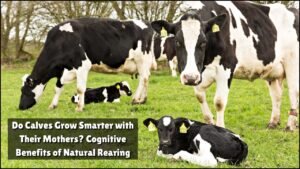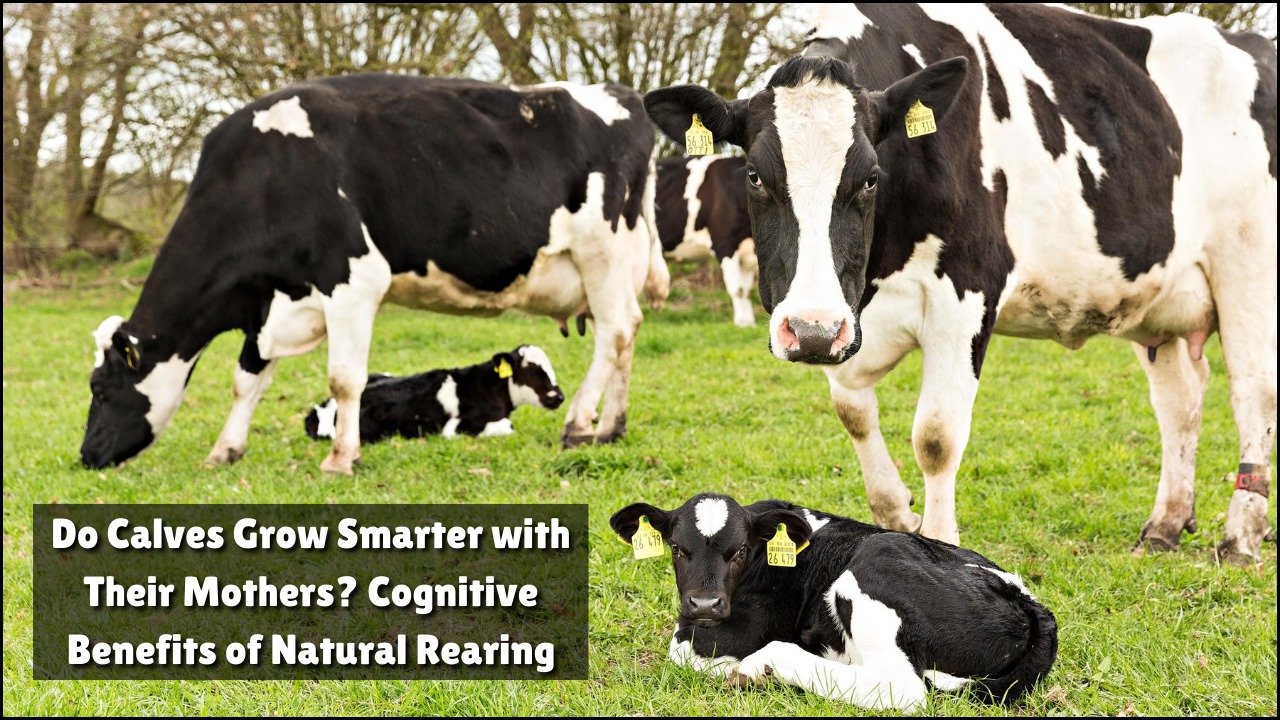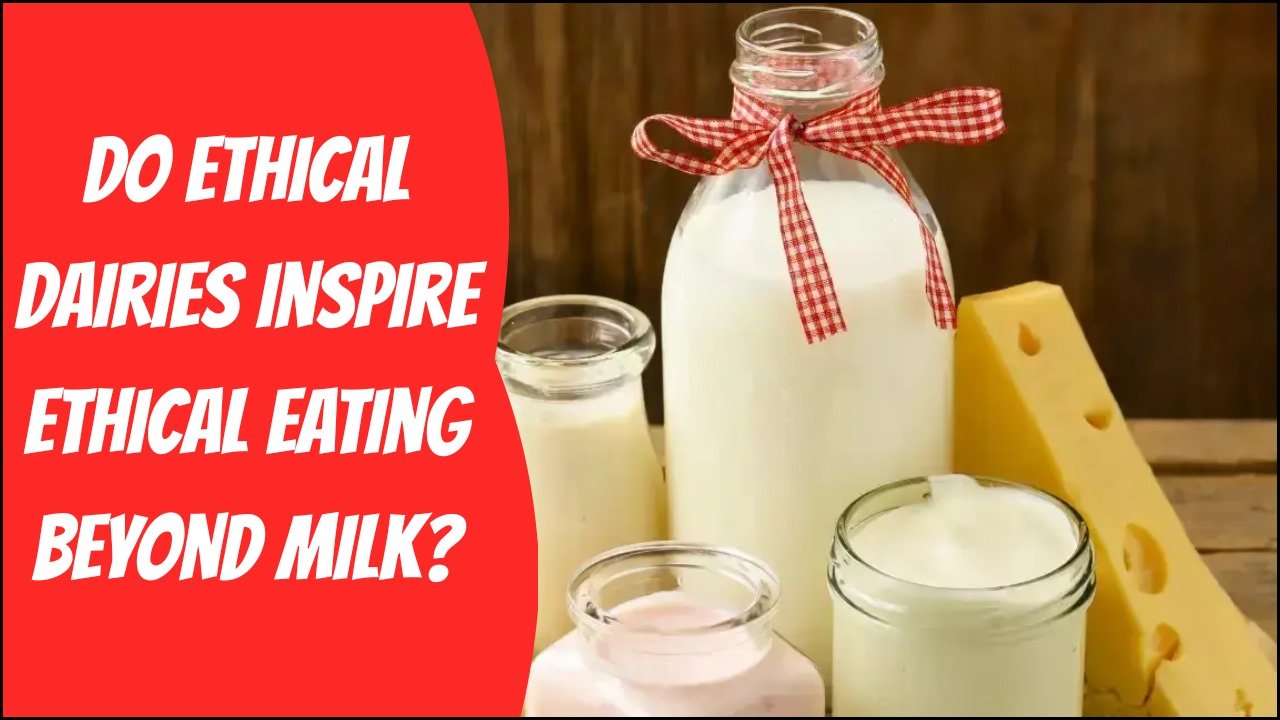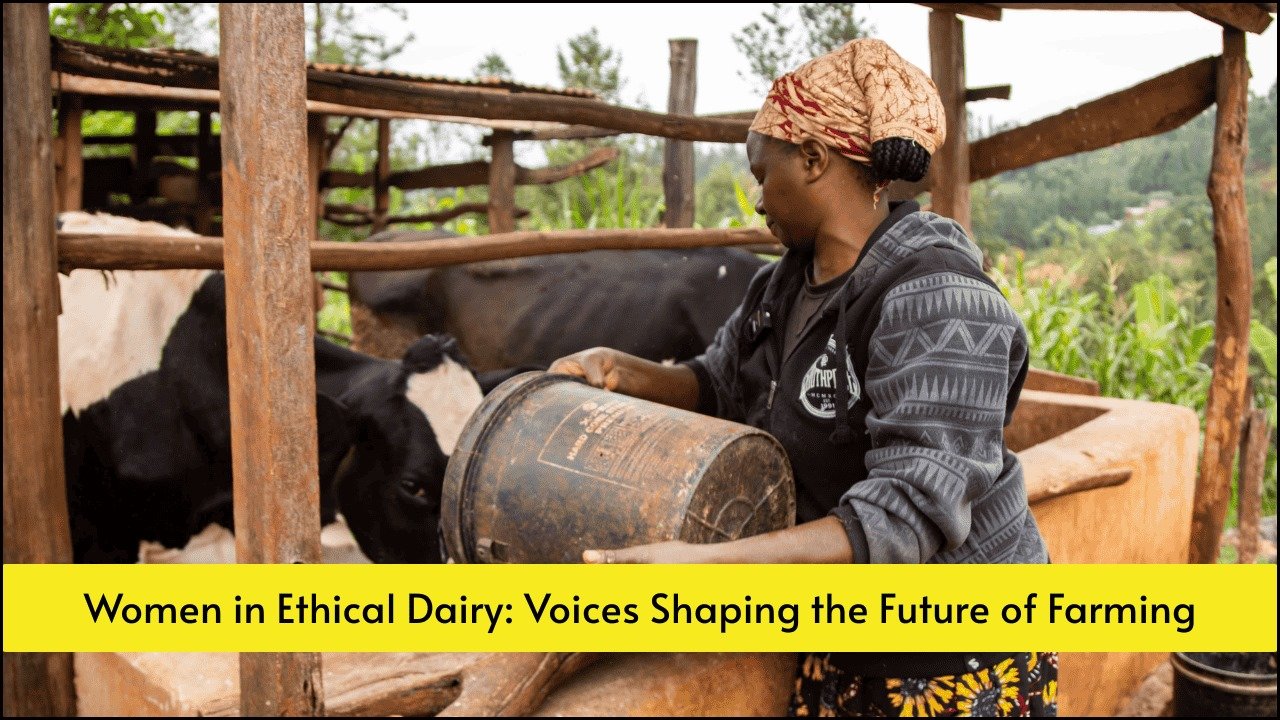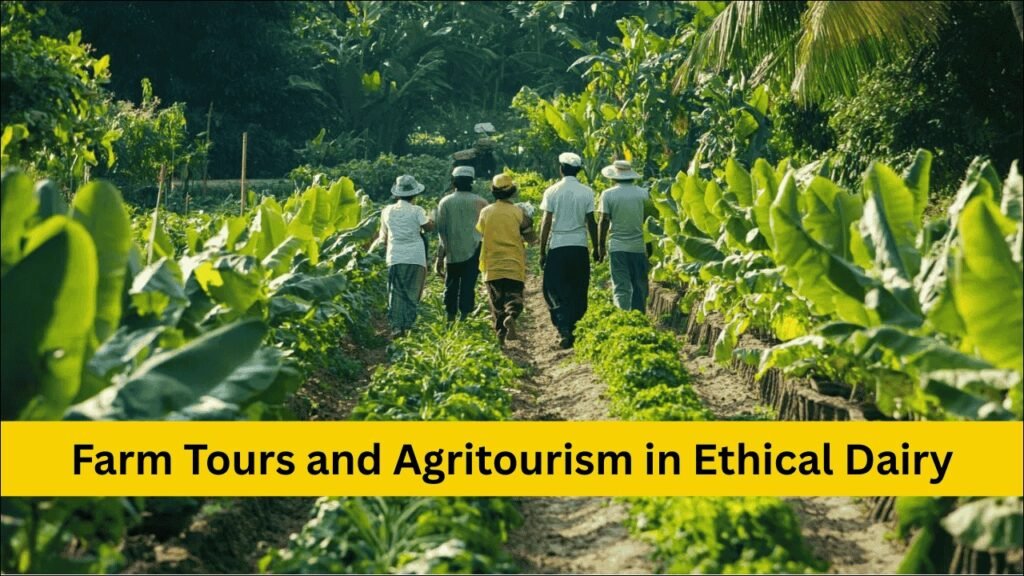
Ethical dairy farming—where animal welfare, environmental stewardship, and transparency are central—offers more than just high-quality milk and cheese. For many farmers, it also presents a unique business opportunity: agritourism. By opening their gates to visitors through guided tours, farm stays, and dairy-making workshops, ethical dairy farms can turn their values into a source of extra income and public engagement.
The growing demand for authentic, educational rural experiences means ethical dairy farmers are in an ideal position to showcase their practices and connect directly with consumers.
Table of Contents
Overview
| Agritourism Activity | Visitor Appeal | Revenue Potential | Resource Needs |
|---|---|---|---|
| Guided Farm Tours | Education, transparency, family-friendly | Medium | Staff time, safety prep |
| Farm Stays | Immersive rural experience, relaxation | High | Accommodation facilities |
| Dairy-Making Workshops | Food lovers, skill building | Medium–High | Kitchen space, equipment |
| Seasonal Events | Local community engagement | Variable | Event planning, promotion |
Why Agritourism Fits Ethical Dairy
Ethical dairy farms already focus on transparency, humane animal treatment, and sustainable operations—all elements visitors value. By inviting the public to see these practices firsthand, farms can:
- Build consumer trust and loyalty
- Educate visitors about where their food comes from
- Generate a supplementary revenue stream that supports farm operations
Additionally, ethical dairy farms often have visually appealing landscapes, healthy animals, and artisan production processes—perfect ingredients for a memorable visitor experience.
Types of Agritourism Opportunities
1. Guided Farm Tours
Visitors can see the cows, calves, and daily farm routines while learning about animal welfare standards, rotational grazing, and sustainable waste management. Tours can be seasonal or year-round depending on weather and facilities.
2. Farm Stays
Offering accommodations such as renovated farmhouses, cabins, or glamping tents allows guests to immerse themselves in rural life. Guests may help with chores, join morning milking sessions, or enjoy farm-to-table meals.
3. Dairy-Making Workshops
Hands-on cheese, butter, or yogurt-making workshops appeal to food enthusiasts. These sessions can be short-day courses or multi-day learning experiences paired with farm stays.
4. Seasonal Events
Events such as calving season open days, cheese festivals, or farm-to-fork dinners create excitement and attract repeat visitors.
Revenue Potential
Agritourism can diversify income streams, making farms less dependent on fluctuating milk prices. For example:
- A two-hour guided tour might be priced at $10–$20 per person
- Farm stays can command premium rates during peak seasons
- Dairy-making workshops may cost $50–$150, depending on duration and materials provided
Selling farm products directly to visitors—milk, cheese, butter, or merchandise—can further boost profitability.
Practical Considerations for Success
While agritourism has potential, planning is crucial.
- Health and Safety – Ensure visitors understand biosecurity measures, such as wearing clean footwear or avoiding certain areas during calving.
- Insurance – Liability coverage is essential when hosting the public.
- Staffing – Tours and workshops require knowledgeable, engaging hosts.
- Marketing – Use social media, local tourism boards, and partnerships with travel websites to reach potential visitors.
A welcoming atmosphere, clear signage, and quality facilities will encourage positive reviews and repeat visits.
Benefits Beyond Income
Agritourism doesn’t just bring financial benefits—it strengthens the farm’s role in the local community and builds public appreciation for ethical dairy practices. Visitors often leave with a deeper understanding of farming realities and become advocates for responsible agriculture.
It can also boost staff morale, as workers share their knowledge and passion with an interested audience. Moreover, direct customer contact provides valuable feedback on products and practices.
FAQs
1. Do I need special facilities to start farm tours?
A = Not necessarily. Basic safety measures, visitor paths, and clear signage are often enough to start, though dedicated spaces improve the experience.
2. Can agritourism work year-round?
A = Yes, with indoor activities like dairy-making workshops or seasonal events, you can attract visitors even in colder months.
3. How do I market my farm experiences?
A = Use social media, partner with local tourism boards, and list experiences on platforms like Airbnb Experiences or agritourism directories.

